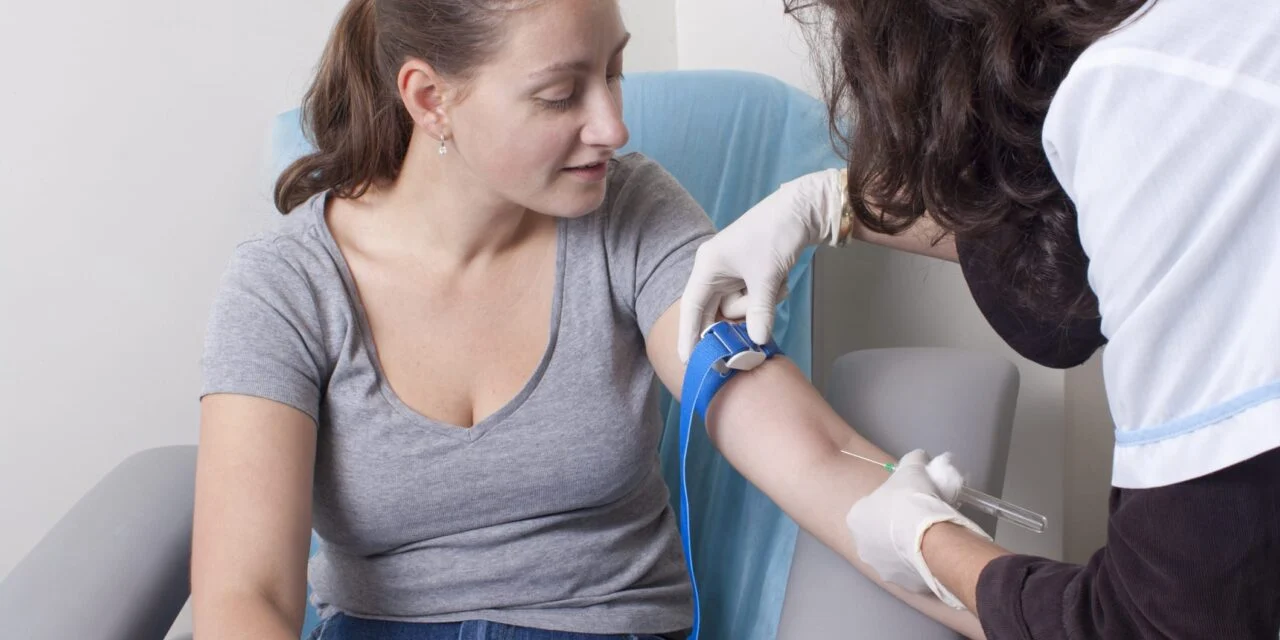Multi-biomarker platform combining proteins, lipids, and machine learning outperforms traditional single-marker tests in 950-patient study.
A new blood test developed by AOA Dx demonstrated 93% accuracy in detecting ovarian cancer across all disease stages in a study of more than 950 symptomatic patients, according to research published in Cancer Research Communications.
The test combines protein and lipid biomarkers with machine learning algorithms to identify ovarian cancer in women presenting with abdominal or pelvic symptoms. The technology outperformed traditional single biomarker tests that have been used for 30 years and typically achieve less than 90% accuracy.
In samples from the University of Colorado, the test showed 93% accuracy for all stages of ovarian cancer and 91% accuracy for early-stage disease. When validated using samples from Manchester, the platform maintained 92% accuracy for all stages and 88% accuracy for early-stage detection.
“Our platform detects ovarian cancer at early stages and with greater accuracy than current tools,” says Alex Fisher, COO and co-founder of AOA Dx, in a release. “These findings show its potential to aid clinicians in making faster, more informed decisions for women who need urgent clarity during a challenging diagnostic process.”
Addressing Early Detection Challenges
Ovarian cancer ranks as the fifth leading cause of cancer-related deaths among women, primarily due to late-stage diagnosis. While more than 90% of women experience symptoms in Stage I, only 20% of cases are diagnosed in Stage I or II because symptoms like bloating, abdominal pain, and digestive issues often resemble benign conditions.
Current diagnostic methods rely on invasive procedures or less reliable markers that frequently fail to identify early-stage disease. The new test analyzes multiple biological marker groups from a single blood sample, offering laboratories a potentially more effective screening tool.
“By using machine learning to combine multiple biomarker types, we’ve developed a diagnostic tool that detects ovarian cancer across the molecular complexity of the disease in sub-types and stages,” says Dr Abigail McElhinny, chief science officer of AOA Dx, in a release.
Regulatory and Commercial Timeline
AOA Dx plans to pursue regulatory approval across the US and Europe in the coming years before launching the test to the NHS. The company says the successful results will inform the final test design, which could provide a cost-effective diagnostic solution for healthcare systems globally.
The study represents a collaboration between researchers from the Universities of Manchester and Colorado. Emma Crosbie, PhD, professor at The University of Manchester and honorary consultant in gynecological oncology at Manchester University NHS Foundation Trust, served as a co-investigator.
“AOA Dx’s platform shows significant promise for ovarian cancer early detection, offering a practical solution for symptomatic women,” says Crosbie, who also leads the National Institute for Health and Care Research Manchester Biomedical Research Centre Cancer Prevention and Early Detection Co-Theme, in a release.
The research team plans to conduct additional prospective trials to further validate the platform and evaluate integration into existing healthcare systems.





